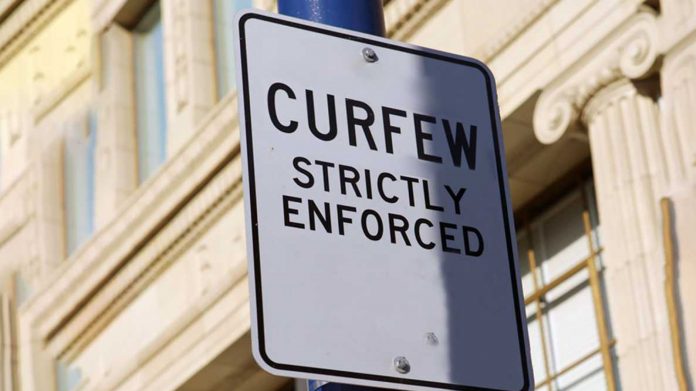
By Orville Williams
Prime Minister, Gaston Browne, has given the country hope that some of the restrictive measures currently in place to mitigate the spread of Covid-19, could be relaxed even before herd immunity is reached.
The goal of the Health Ministry’s public vaccination programme is to get approximately 65,000 adult residents fully vaccinated, at which point they will be satisfied that the virus cannot successfully spread and affect the population as it has been for the past year.
The government has repeatedly warned that a proper economic rebound hinges on the attainment of that goal, and the risk of another infection outbreak threatens some of the gains that have already been made.
Among the measures implemented since last year to combat the pandemic are mandatory mask-wearing in public spaces, mandatory six-feet physical distancing, strict social gathering restrictions, mandatory quarantine/isolation for persons suspected to have been in contact with an infected person, or confirmed to have been infected, and a nightly curfew meant to dissuade unnecessary social gatherings.
The majority of those have been fixed since their implementation, but measures like the nightly curfew have been adjusted from time to time, depending on the level of risk facing the country.
Residents have constantly been complaining of the impact that the restrictions have on their everyday lives, but the government maintains that the measures are ‘necessary evils’ to protect the population.
The authorities have also said that until herd immunity is reached, the level of freedoms that existed in the past simply cannot be afforded.
According to the latest data from the Health Ministry, just over 30,000 persons have been fully vaccinated for Covid-19 in the country since the vaccination programme got underway earlier in March.
That means, with the herd immunity goal at approximately 65,000 persons, it could take some time before that is achieved, and the restrictions would be expected to remain until then.
However, speaking during a DadliPolitics discussion on Twitter Spaces Thursday evening, PM Browne disclosed that they would consider relaxing some of the measures before herd immunity is reached, but only under certain conditions.
“I’m hoping that we can probably get up to about 50 percent of our people fully vaccinated. That will significantly reduce the number of unvaccinated persons that represent, collectively, a significant risk for the transmission of Covid.
“I think when we start to see those types of figures – 50 to 60 percent [vaccinated] – we can definitely relax some of those measures, but we have to be careful not to relax those measures too soon.”
The PM again laid the responsibility on the unvaccinated to get inoculated, warning that they are the ones stalling the return of the country to a near-normal state.
“This is one of the things that unvaccinated people should take into consideration, the longer we wait to develop a critical mass of vaccinated persons, then the longer the measures will stay in place.
“Unfortunately, based on the slow take-up of the vaccines, I’m not even able to project – with any degree of certainty – the timeline. But if per chance, within the next six days, we see a significant uptake in the vaccinations, and we get up to 50, 60 percent, I can definitely see us deciding to relax the measures and try and return to normalcy, even though we’d not have achieved herd immunity,” Browne explained.
In response to the repeated calls for the country to be ‘opened up’ even more than it has been already, the PM pointed to the fact that some countries who have far better vaccination rates than Antigua and Barbuda are now struggling with new infections, after deciding to allow more freedoms.
“I’ve been following the stats in Israel, and Israel, about a month ago, only had about 250 active Covid cases. Because they had gotten up to about 60 percent of their population vaccinated, they decided to reduce their measures.
“They currently have about 7000 active cases and an increase in the number of hospitalisations and deaths. So, in as much as the literature would have shown [the number of vaccinations that should increase safety], 60 percent is not even adequate.”
He added that some of the restrictive measures would definitely have to remain in place, at least until herd immunity is reached, but reiterated that others could be loosened to afford the country a bit more ‘breathing space.’
“I still think that, whereas we may have to keep some of the measures in place, things like the curfew and so on, we could probably relax those. Mask-wearing though, we may just have to continue until we reach herd immunity.”
The government will be hoping that the wide array of vaccines that are currently on island and available, will appeal to many of the remaining unvaccinated residents. A donation of Pfizer doses is expected to arrive soon to add to the batches of AstraZeneca, Sinopharm and Sputnik V.
